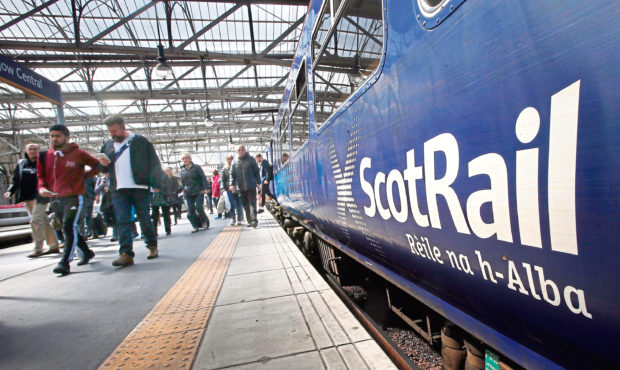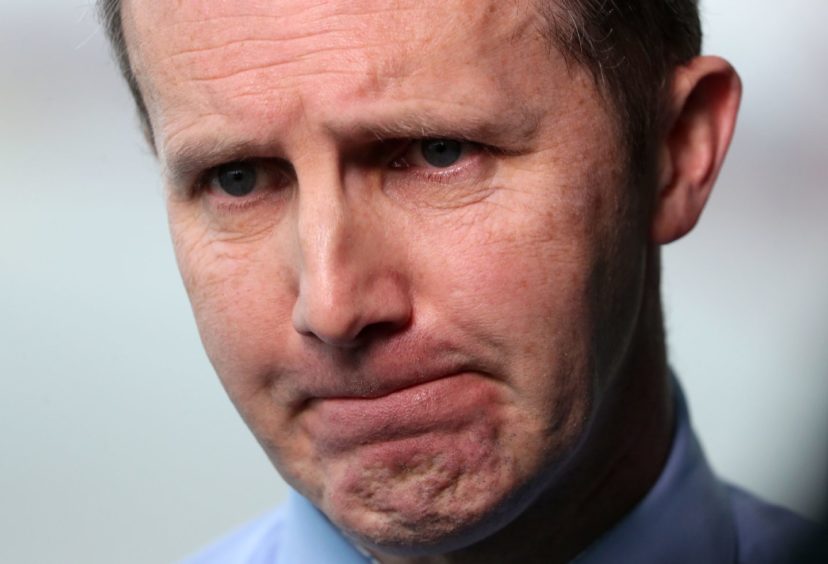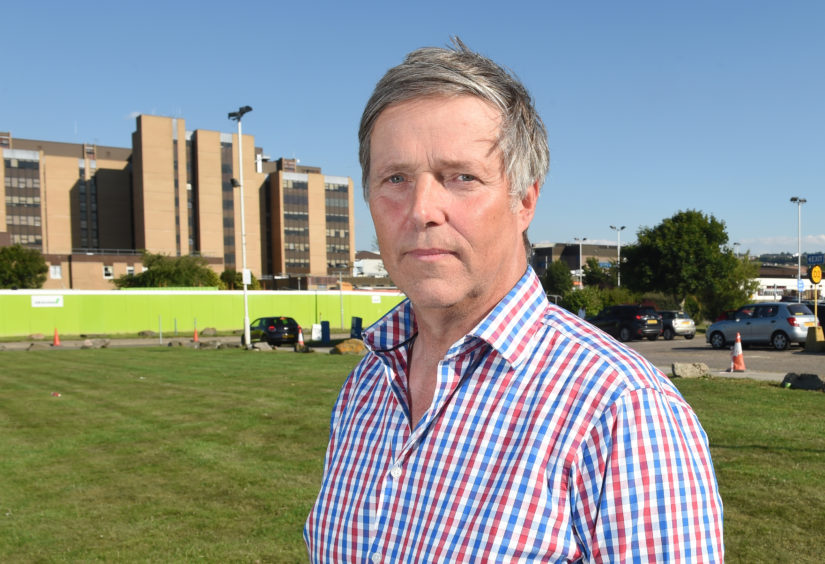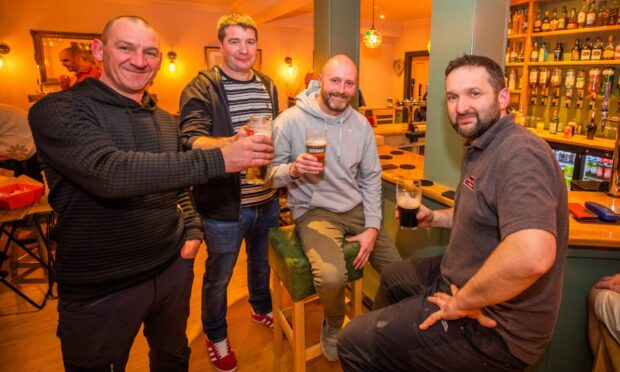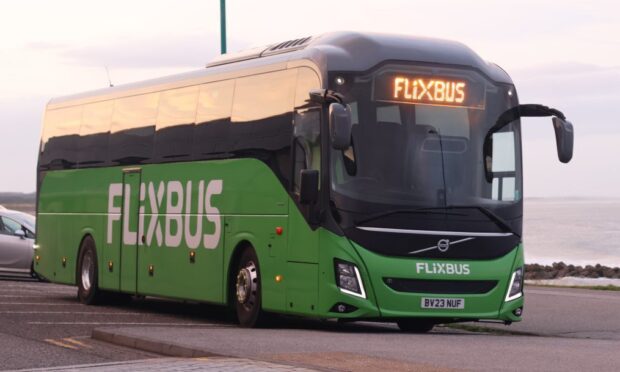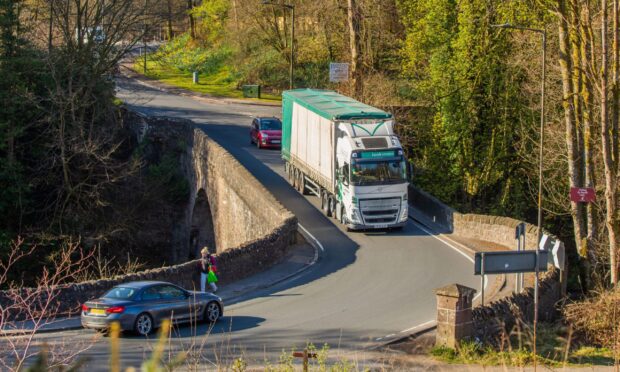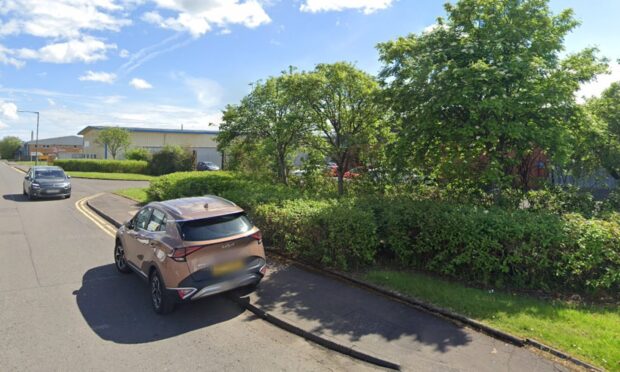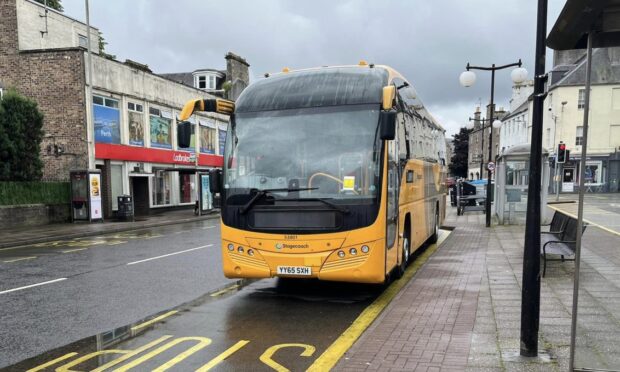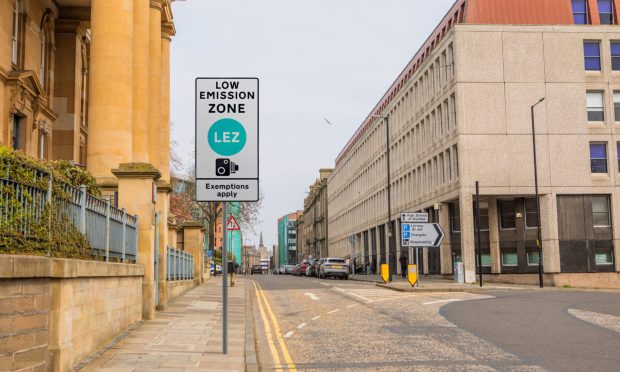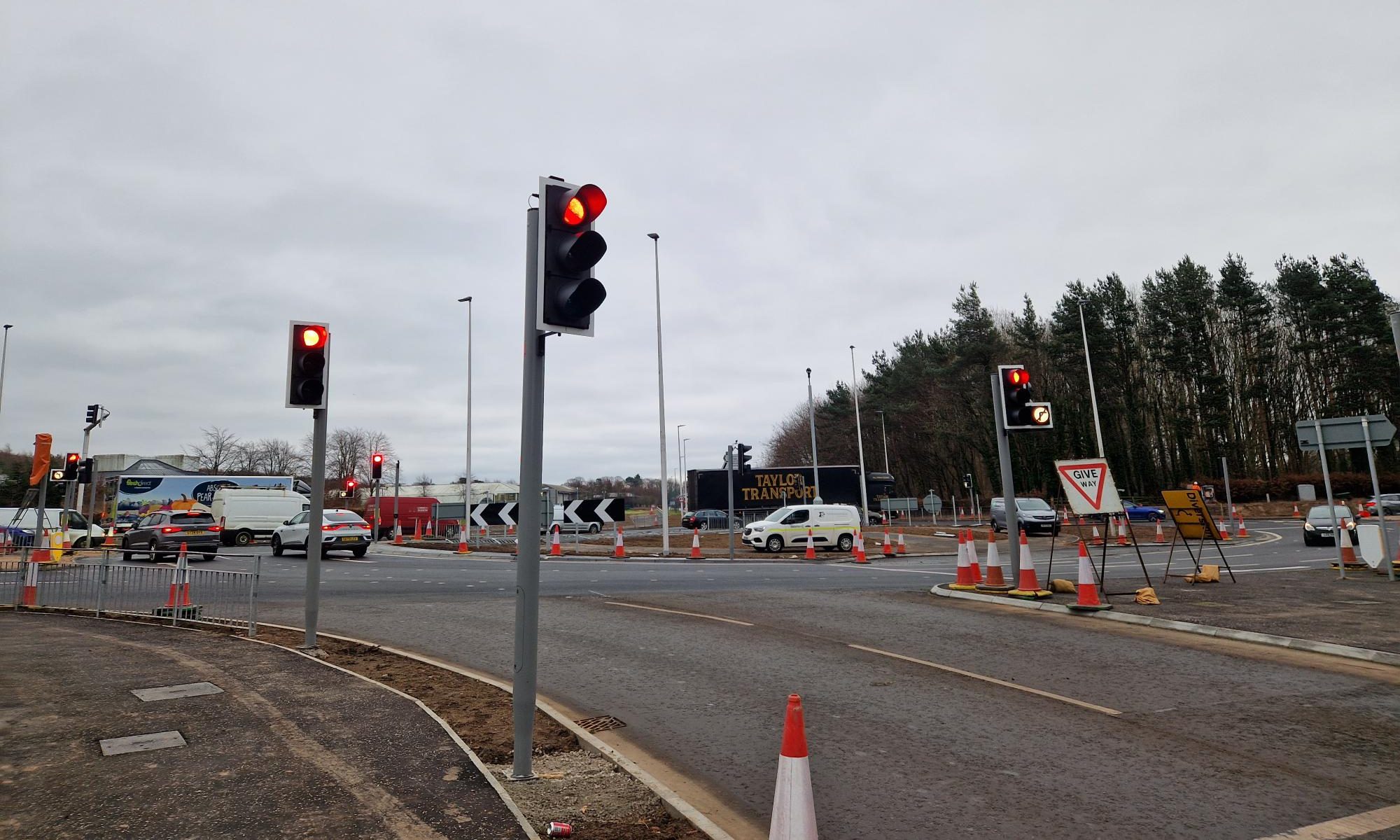Around £250 million of taxpayers’ cash has so far been spent on keeping ScotRail and Caledonian Sleeper trains running during the coronavirus pandemic, it has been revealed.
Transport Secretary Michael Matheson admitted more public cash might have to be injected into the rail franchises amid warnings that the total could reach £1 billion as more services and carriages are required to ensure social distancing.
Mr Matheson also revealed there were no plans to extend train provision at the beginning of next week, as is intended south of the border, because there was not yet the demand to do so in Scotland.
Ministers had been considering whether to put on around 100 extra services, which Mr Matheson said was only an increase of 4%.
Appearing in front of Holyrood’s Rural Economy and Connectivity Committee, Mr Matheson outlined the challenges facing Scotland’s public transport system and the aviation sector.
He also said that the wearing of face coverings on public transport would be considered but would depend on clinical guidance.
The Transport Secretary said demand for public transport had fallen by between 85% and 90% since the “stay at home” message had come into force.
When lockdown restrictions are eased and there is more demand for trains and buses, operators have estimated that the two-metre rule could mean capacity goes down to between 10% and 25%.
For example, Mr Matheson said an eight-carriage train operating between Glasgow Queen Street and Edinburgh Waverley would normally carry more than 500 passengers. But with social distancing in place that number would fall to fewer than 100.
Mr Matheson said an “emergency arrangement” had been made for the ScotRail and Caledonian Sleeper franchises for six months. The arrangement, which is similar to those put in place south of the border, will be reviewed in September and is designed to help the operators cope with the dramatic fall in demand for their services.
The estimated cost of the arrangement so far was put at £250 million by Mr Matheson, who had earlier said that more services and carriages might have to be put on to enable social distancing.
The Transport Secretary added that the final cost of supporting ScotRail and the Caledonian Sleeper would depend on how long the scheme is extended.
Cost could rise to £1 billion, claims Highland MSP
Committee convener Edward Mountain said support “could well” be needed for more than six months.
“My concern would be that with social distancing on railway carriages maybe meaning only eight to 10 people, maybe 15 people, on a railway carriage it is never going to come back in the short term to any financial balance,” Mr Mountain, the Tory Highland MSP, said.
“Therefore how is the Scottish Government going to finance what could be up to a billion pounds in cost on our rail network while we have social distancing in place?”
Mr Matheson said ministers would have to look at the finances and were in discussions with UK ministers about the potential impact of extending the scheme beyond September.
The bus sector would continue to “face real challenges” as it steps up services with social distancing affecting fare income, the Transport Secretary said.
Meanwhile, the aviation sector had experienced a “massive drop off” and companies were having to get rid of aircraft.
“If you take an airport like Edinburgh airport, in the course of a year would deal with in the region of around 15 million passengers.
“At times they are dealing with possibly less than 1,000 passengers per day, given the drop off that there has been.”
Predictions that the aviation industry would recover quickly from the pandemic have not proved accurate and it will take years for passenger numbers to go back up, Mr Matheson added.
